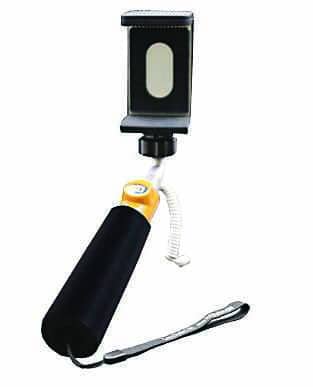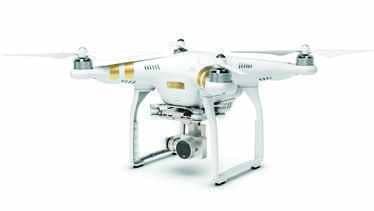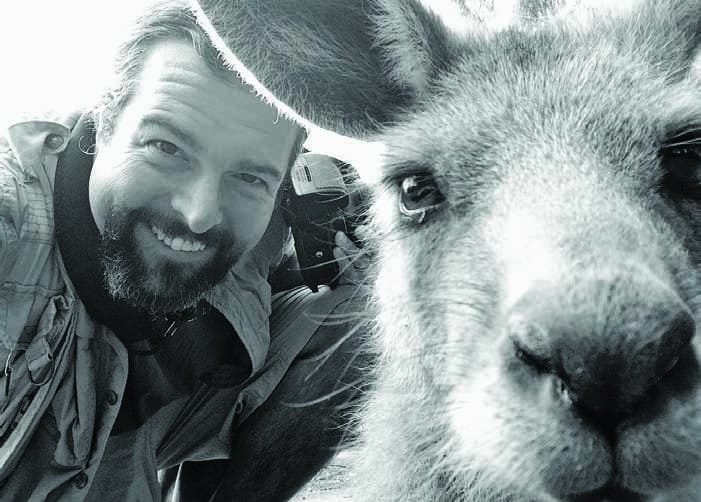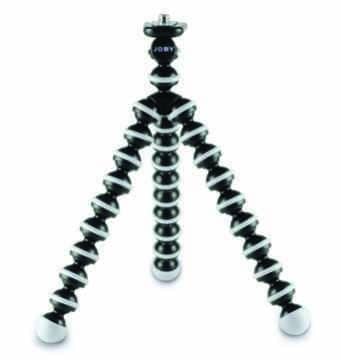How To Take A Better Travel Selfie
A quick search of the hashtag "#selfie" on Instagram netted 291 million images. But quantity doesn't always equal quality. On your next trip, give your selfies a professional polish.
See the light. The best bet for a flattering photo is soft, indirect light (like light coming through a window) or open shade. Avoid settings where a bright light source is behind you, where your face is in partial or broken light, or in too dark a space.
Create some distance. It doesn't say much about where you are if all we can see is an eyeball. Especially with travelcentric selfies, where the destination is an important supporting character, tripods, selfie sticks and self timers allow you to escape from the arm-length photo and reveal more of the environment.
Watch your background. As with any form of photography, beware of tunnel vision. It's far too easy to focus on your face without taking a second to scan the edges of the frame for any distracting elements. That shot of you in front of Mount Otemanu in Bora Bora might be epic, but if a row of garbage cans appears in the corner of it, it probably won't end up on your wall.
Involve the locals. A huge part of travel is the people you meet. Photographing yourself with locals tells a much richer visual story and will inspire more interest (aka likes) when shared.
Our Favorite Products for Selfie Improvement
GorillaPod: This handy and flexible tripod can wrap around objects or stand on a tabletop to make timed selfies a breeze. It's also small enough to stow in a backpack. $29

Looq G Selfie Stick: For smartphones only, these sticks connect to your phone's headphone jack with a small wire built in next to the clamp that holds your device. No batteries, no Bluetooth. $25

Phantom 3 Drone: Heard of Dronies? You will soon. GoPro, Canon and Nikon are working on drones for the consumer market, ensuring dronies will be the next big thing in the selfie universe. $1,000

